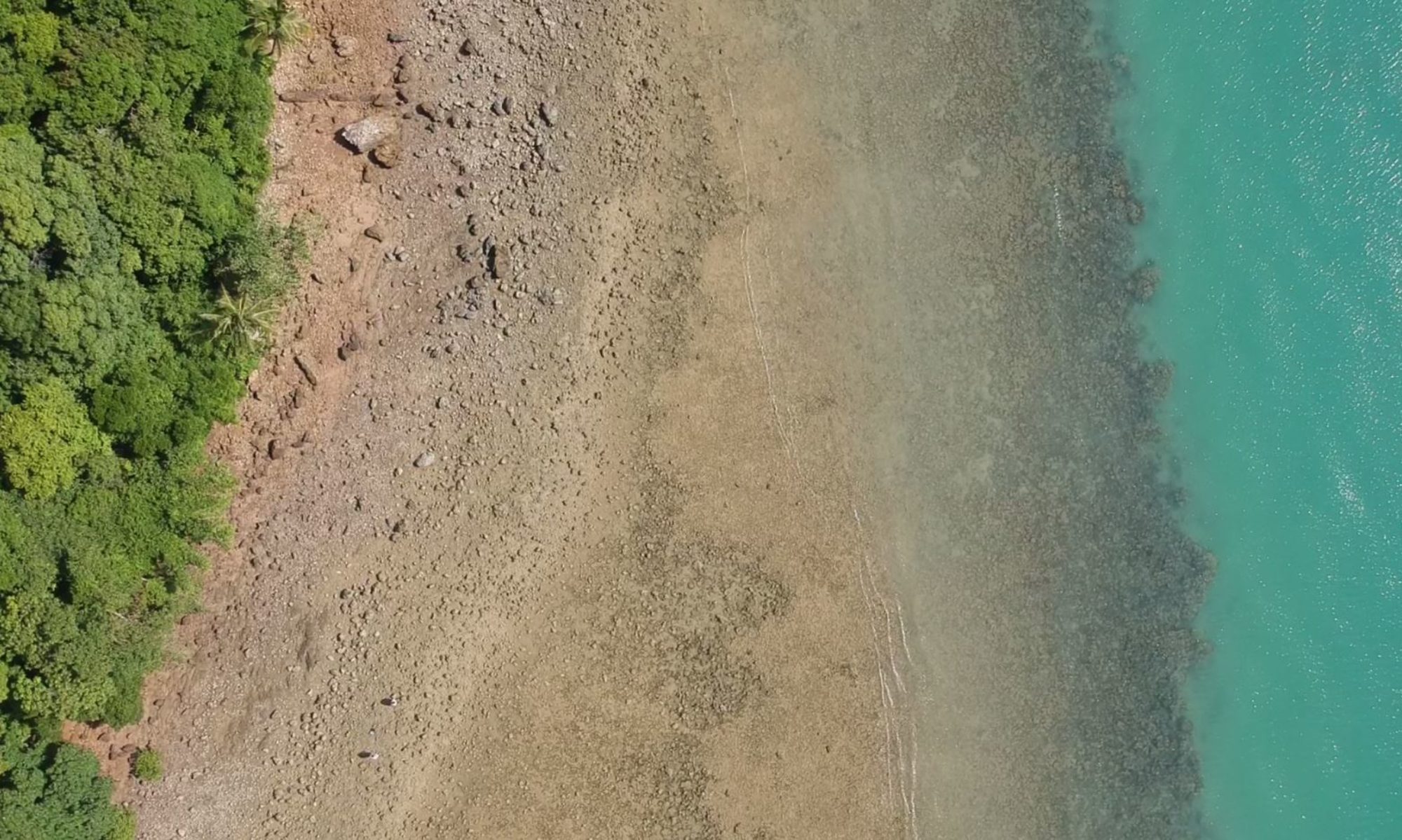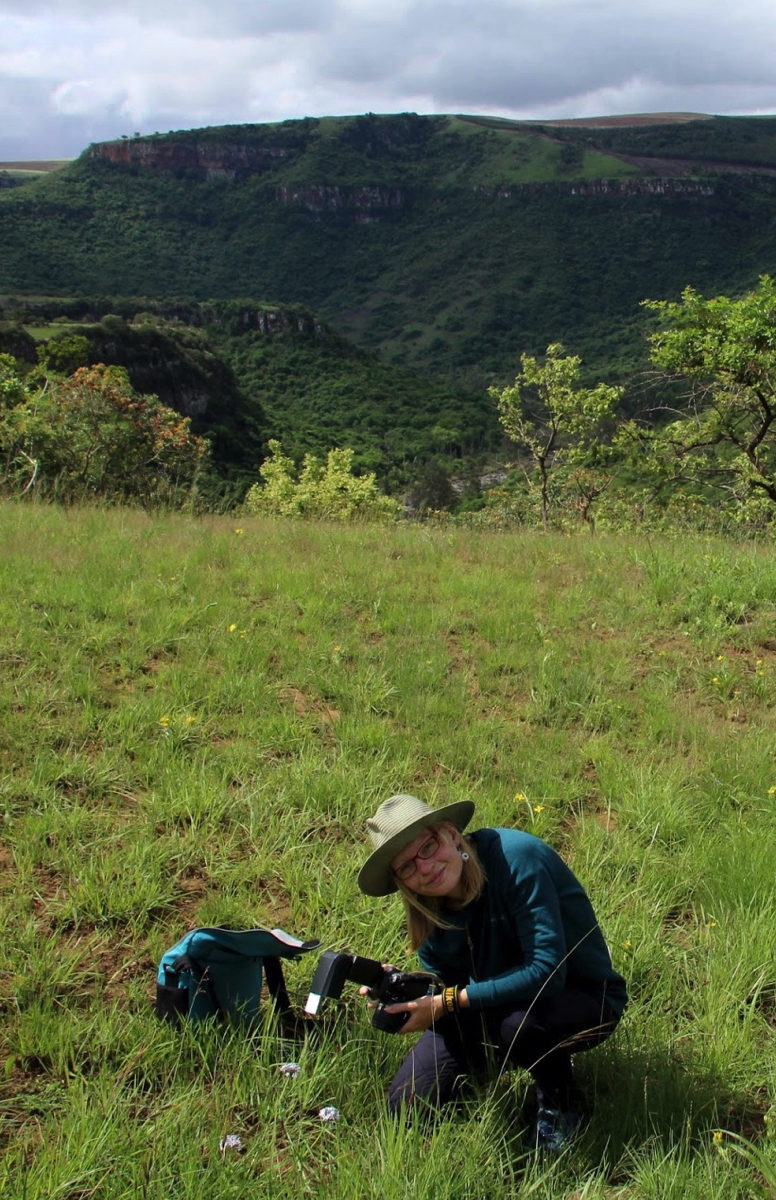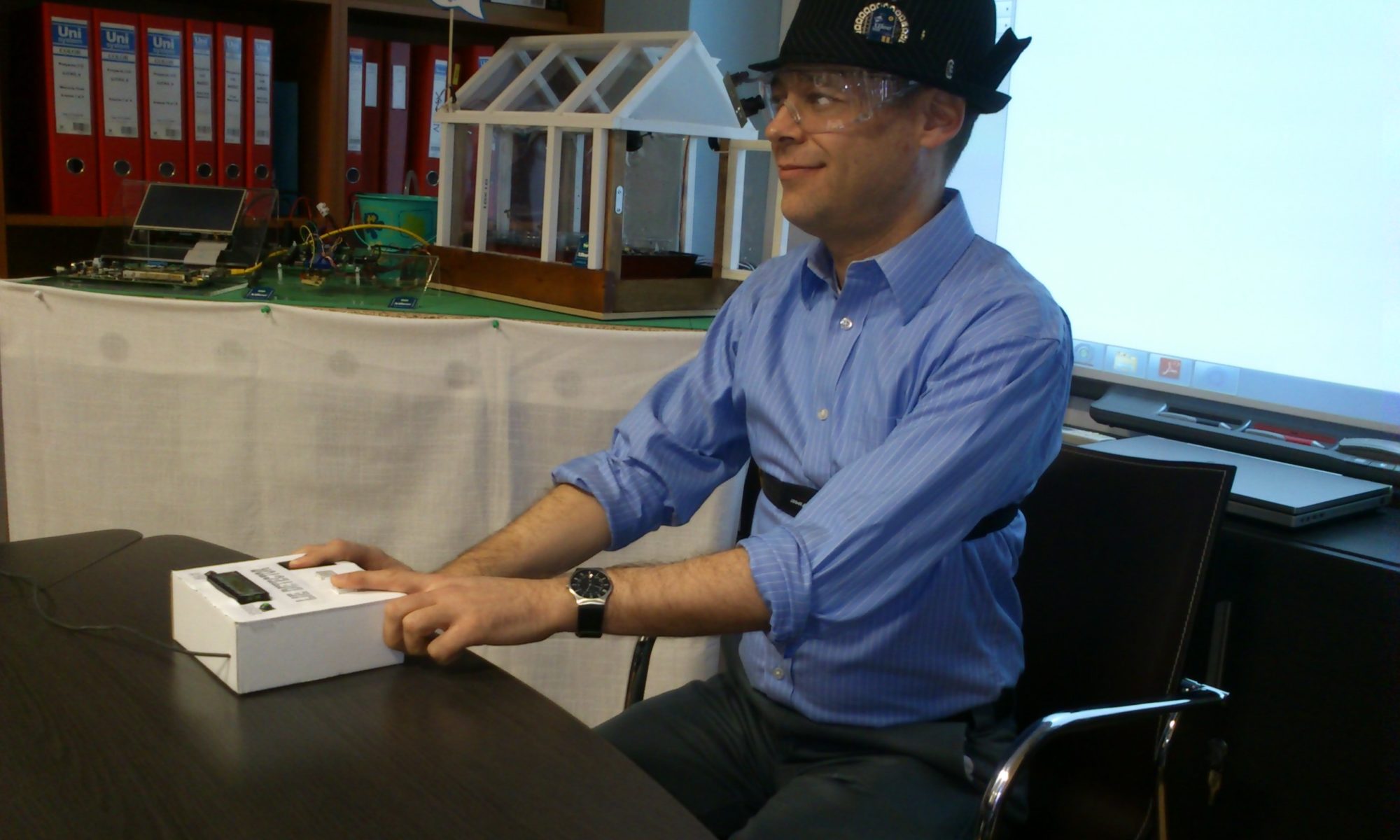 4th of June until the 10th of June.
4th of June until the 10th of June.
Plans: I’ll be working on adding on a low power data relay system to our acoustic monitoring stations (currently we use raspberry pi’s as a base). Currently our main issue is battery life so if we can get a system up and running that can survive on solar panels and that can relay data back to a main station we could figure out what is going on in the nature around us in real time, rather than having to wait several months to collect the data and analyse it.
The equipment for this project is funded by Wildlife Reserves Singapore Conservation Fund.

Bio: I just finished a PhD in ecology at National University of Singapore. I mainly use amphibians and tropical mountain systems for my research. Currently I work on community and co-occurence data and trying to assess why these change and what is a natural variation and what is not. Mountains present a special challenge, not only do they tend to hold a greater biodiversity and endemism, but they are inherently difficult to survey and collect data from. Tropical areas are also in dire need of extensive basic data collection (such as what species are where) needing to be done over the next few years, necessitating new approaches to be coupled with the old classical survey techniques. I thereby try to utilise technology and more automated techniques for data collection and work on standardisation of some of these techniques or how they compare to our classical methods. As I am currently based in Singapore this is an ideal location to try some of these out before we move testing of things like data relay from monitoring stations into more hard to reach areas. I am interested in why amphibian species are where they are? What other species are present and why and when does the amphibian community shift and is this due to the other species or variation in the environment around them?



